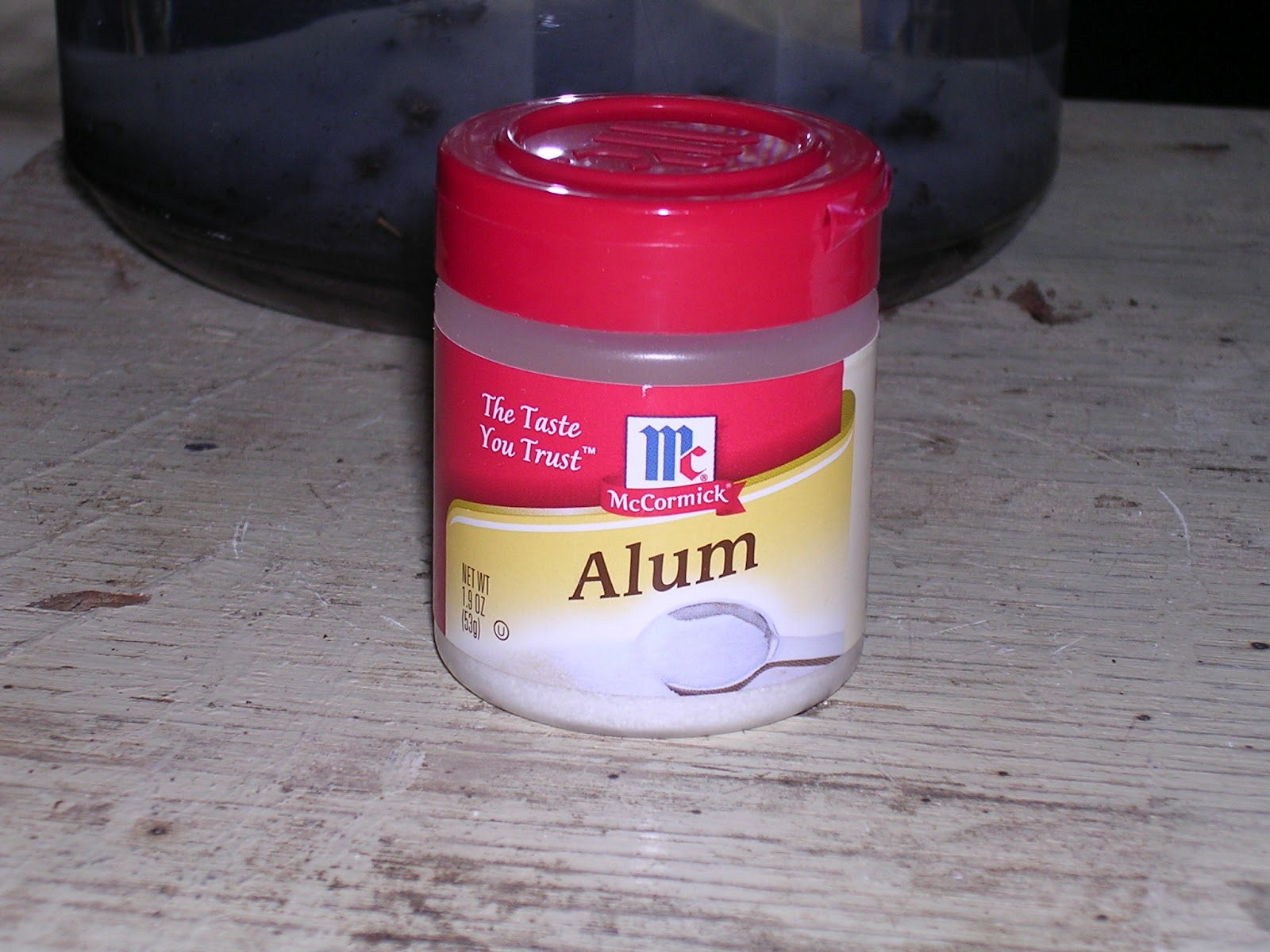
Advertisement
(Bugout.news) We’ve often discussed the importance of finding a decent water source when stuff hits the fan, or at least having the ability to sanitize available water to make it potable.
We’ve also discussed the important of having a redundant water purification capability, in case one proves ineffective, is damaged, or otherwise rendered moot. After all, water is much more important than food when it comes to survival, because we can go a few weeks without food, but only three days or less without water.
That said, there is a compound that not many people know about that doesn’t sanitize water but makes it far easier to filter and cleanse: Alum, short for aluminum sulfate. While ceramic filters can filter out the turbid and muddy particulates from water, those particles will quickly clog the filter, rendering it useless.
Alum, on the other hand, is a safe powdered chemical that is commonly used to remove cloudiness from swimming pool water. It’s also used in cooking, pickling and in some types of baking powder.
Note again that alum does not sanitize water, it merely removes the suspended particulates, so you’ll still have to clean the water using any number of other methods (ceramic filter, boiling, bleach, etc.) before drinking it.
So, how does alum work?
“Murky, muddy, cloudy or turbid lake or river water is caused by microscopic particles usually 1 micron or smaller that river currents keep stirred up,” notes this source. “Gravity has little effect on them because they are too small to have enough weight to settle out by themselves. These tiny particles have a negative electrical charge that prevents them from being attracted to one another thereby prevents their clumping into a heavier particle that will eventually have enough weight to sink by themselves.

“When ‘ALUM’ is added to the water it neutralizes the electrical charge of these small particles and then these small particles will begin to clump together, become heavy and sink to the bottom. This process is called flocculation also called coagulation,” that source noted.
How to use alum:
- Add a heaping ½ teaspoon of alum powder per gallon of water (1 tablespoon for 5 gallons of water).
- Stir for about 10 seconds to dissolve the alum and in about five minutes stir again.
- Wait for 1-2 hours and the water will be clear and ready to pass through your ceramic filter. Just dip the water out or carefully pour the water out and into your ceramic filter.
Alum is easy to find; you can usually get it in the spices section of your local drug store. It can be a little pricey, but you can also search online for retailers as well. Just make sure that you purchase food-grade alum and not industrial grade because it may have other chemicals added in.
Check out this test
Dirt and mud added to a gallon of water:
After about two hours. Now, just skim off the rest of the floating junk and pass the clear water through a filter (cloth, panty hose, etc.). Sanitize with a ceramic filter, boiling or bleach:
Bugout.news is part of the USA Features Media network.
Submit a correction >>
Advertisement
Advertisements















